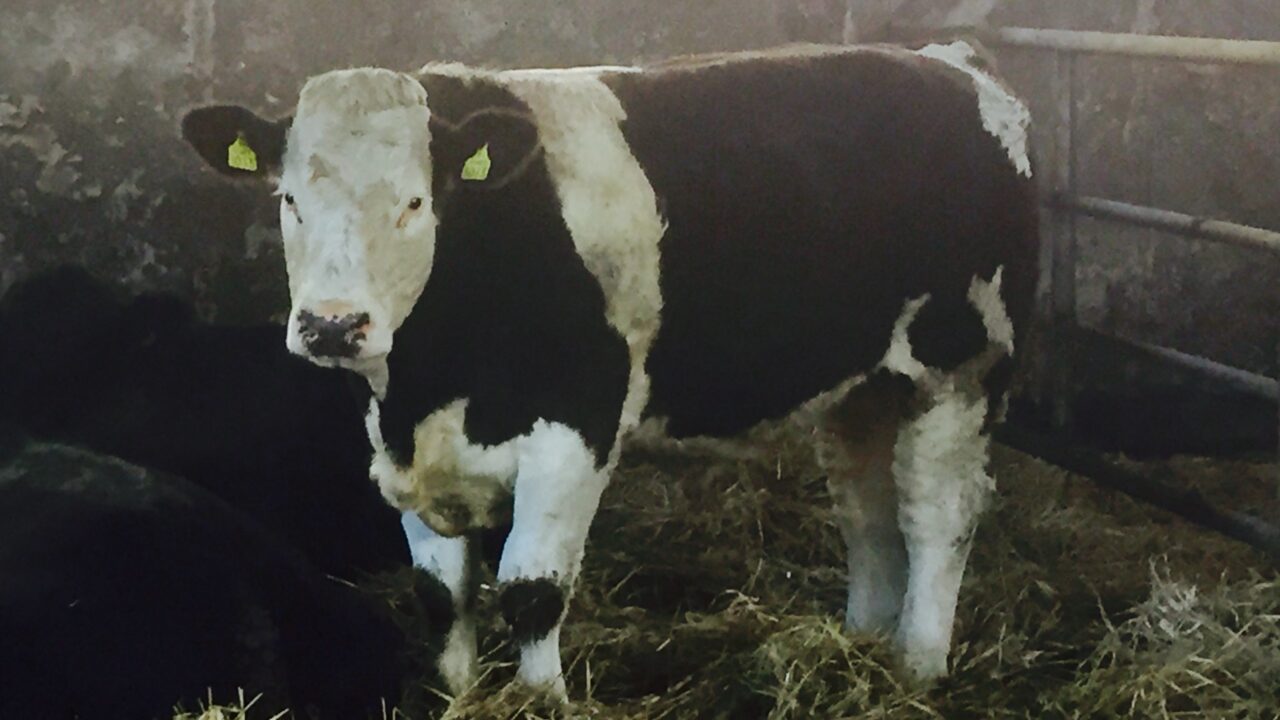Farmers could face difficulty getting cattle slaughtered next week as factories are reporting strong numbers coming forward, according to procurement managers.
Along with these increased numbers, a weak demand for Irish beef has also been reported across a number of key export markets, they say.
According to these procurement managers, some factories have already met their kill quotas for next week.
Thursday, next week, has been cited as the earliest possible day to get cattle slaughtered that have not already being booked in, some say.
The market for heavy cattle and cows continues to remain difficult, with some factories indicating that these lots will have to be turned away.
Early indications suggest that cow prices are set to fall further as the market for these lots remains difficult, say procurement managers.
According to procurement managers, the beef sales market continues to remain slow as the peak Christmas trade has yet to take full-swing.
The trade across the key exports also remains difficult with beef consumption back across a number of the key export markets, they say.
These managers added that there is no major demand or drive for additional beef volumes and this is impacting on the number of cattle factories can process.
However, some have added that in-spec cattle will be pushed to the top of the list as there is a better demand for these lots.
National beef kill falls 5%
The cumulative throughput of cattle at beef export plants has dropped by 5%, figures from the Department of Agriculture show, as total throughput currently stands at 1.38m.
As of November 9, 2015, the cumulative national beef kill was back by 72,224 head on the corresponding period in 2014, figures from the Department of Agriculture show.
Total heifer throughput to Irish export plants has dropped by 3% or 12,948 head to November 9, 2015, compared to the same period in 2014.
The cumulative number of steers going to factories have increased on 2014 levels by 23,968 head,with 563,031 steers slaughtered to date in 2015.
There has also been a 23% reduction in the total young bull kill, with 39,836 fewer of these animals going to meat export plants in 2015.

